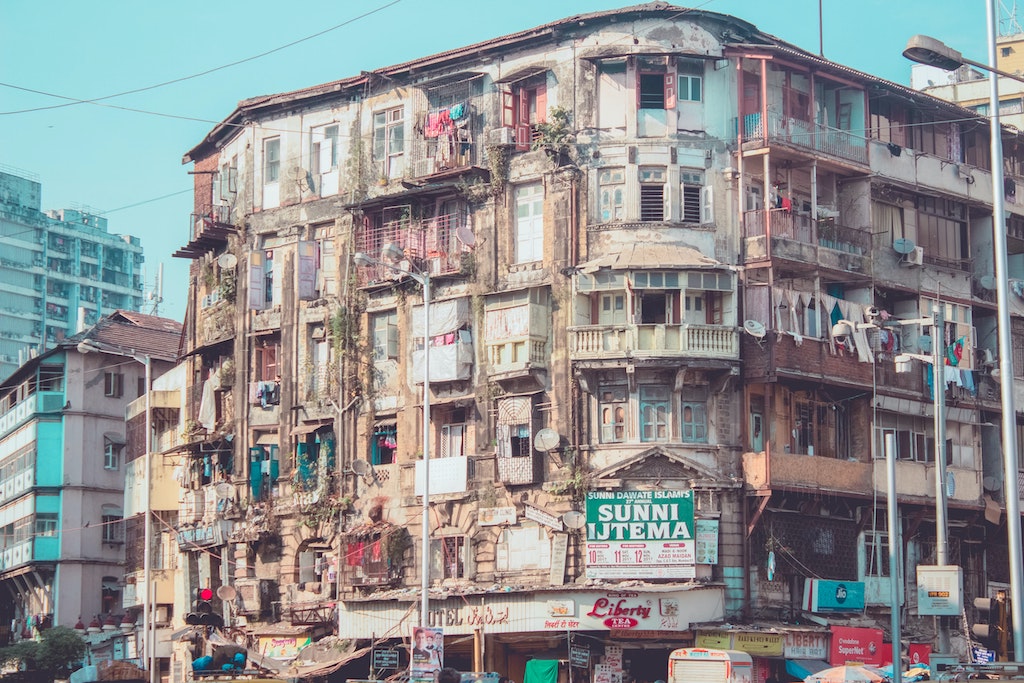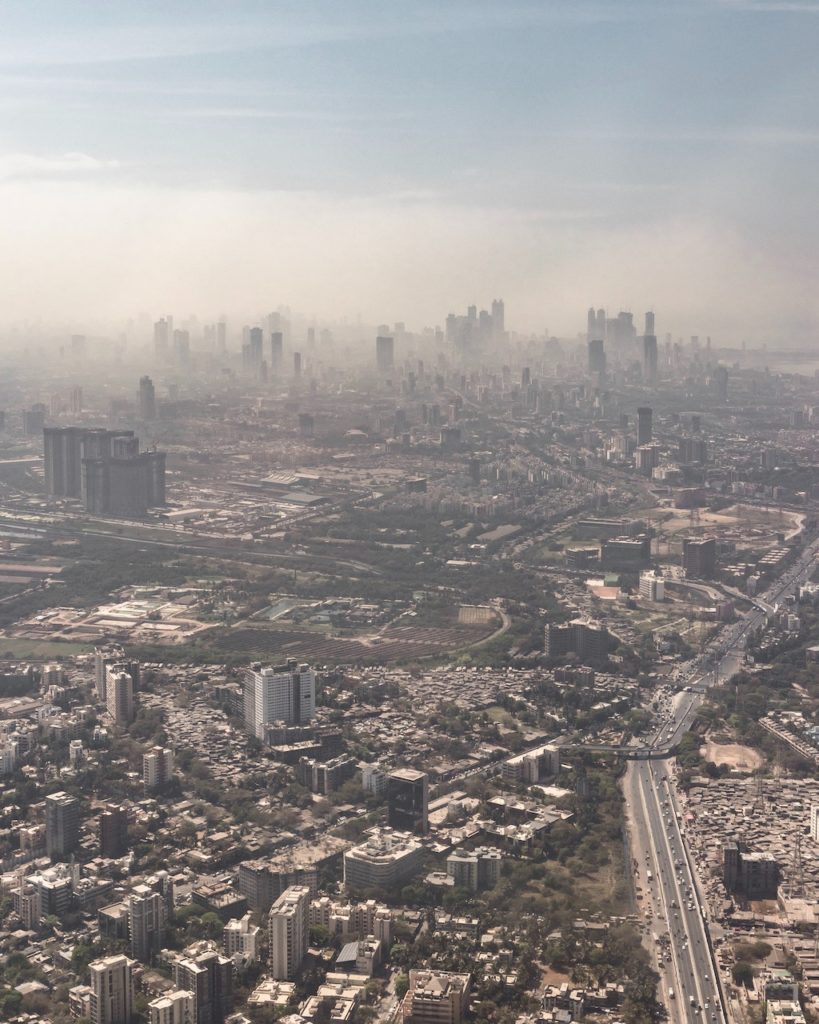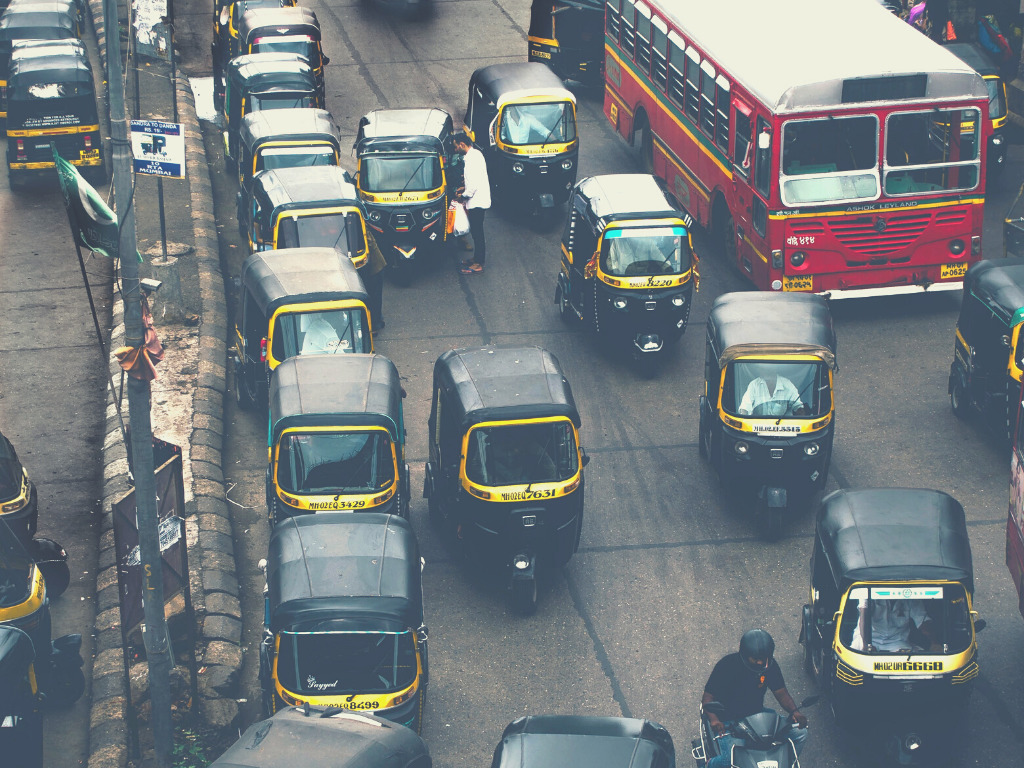3 Mins Read
In a South Asian first, Mumbai has announced plans to go net-zero by 2050, twenty years ahead of India’s current targets.
Mumbai, the economic center of India and home to 19 million residents, says it plans to make drastic changes to the management of energy, water, air, waste, and transport in order to reduce its carbon emissions to zero two decades ahead of national targets.
The city, namely its slums and villages, are particularly vulnerable to climate change; rising sea levels are expected to bring floods to the regions by 2050 as ocean temperatures continue to climb.
“We don’t have the luxury of time,” Aaditya Thackeray, environment minister of the state of Maharashtra where Mumbai is the capital, said in a statement.
Mumbai’s climate plan
The proposed roadmap to net-zero is expected to avert more than $35 trillion over the next 50 years in response to climate change. The city says its plan includes changes to housing, improved public transport and more pedestrian-friendly roads, building flood-resistant draining, increasing water conservation and sanitation, as well as implementing widespread rooftop solar energy.

The city will receive funding from the state of Maharashtra, which is working more broadly on its own climate mitigation projects. Mumbai says it’s also considering fundraising through green bonds. This is in addition to the city’s $6 billion annual budget.
In the immediate future, Mumbai will be acquiring 2,100 electric buses by next year. It will also begin retrofitting low-income homes with electricity-efficient appliances and equipment, the city says. Electricity consumption is a core area of focus for the city, but plans to switch its electricity consumption to renewable resources have not been announced. Energy consumption makes up more than 70 percent of the city’s total emissions.
Mumbai emitted 2.67 tons of carbon in 2019, higher than the national average of around 1.91 million tCO2E2 per person per year.
A study published last year in the journal Frontiers in Sustainable Cities identified the top 25 emissions-producing cities per capita produced more than half of global emissions. Mumbai was ranked 70th on the Global Gridded Model of Carbon Footprints list.
Climate impact in South Asia
Mumbai’s race to net-zero will help it move further down the list and save the city hundreds of millions of dollars. The city estimates that climate inaction will cost it nearly $1 billion.

The move is expected to set an example for India and South Asia. India’s current focus prioritizes economic development over climate action, but without swift and meaningful efforts, the impact of climate change could derail the nation’s economic targets. Like Mumbai, other major South Asian cities including New Delhi, Bangalore, Chennai, Kolkata, Dhaka, and Karachi, are reviewing climate plans.
“There are policy changes today which will move forward with every government,” Thackeray said. “Across India, there is a certain sense of urgency everyone feels.”
Photo by Atharva Tulsi on Unsplash




